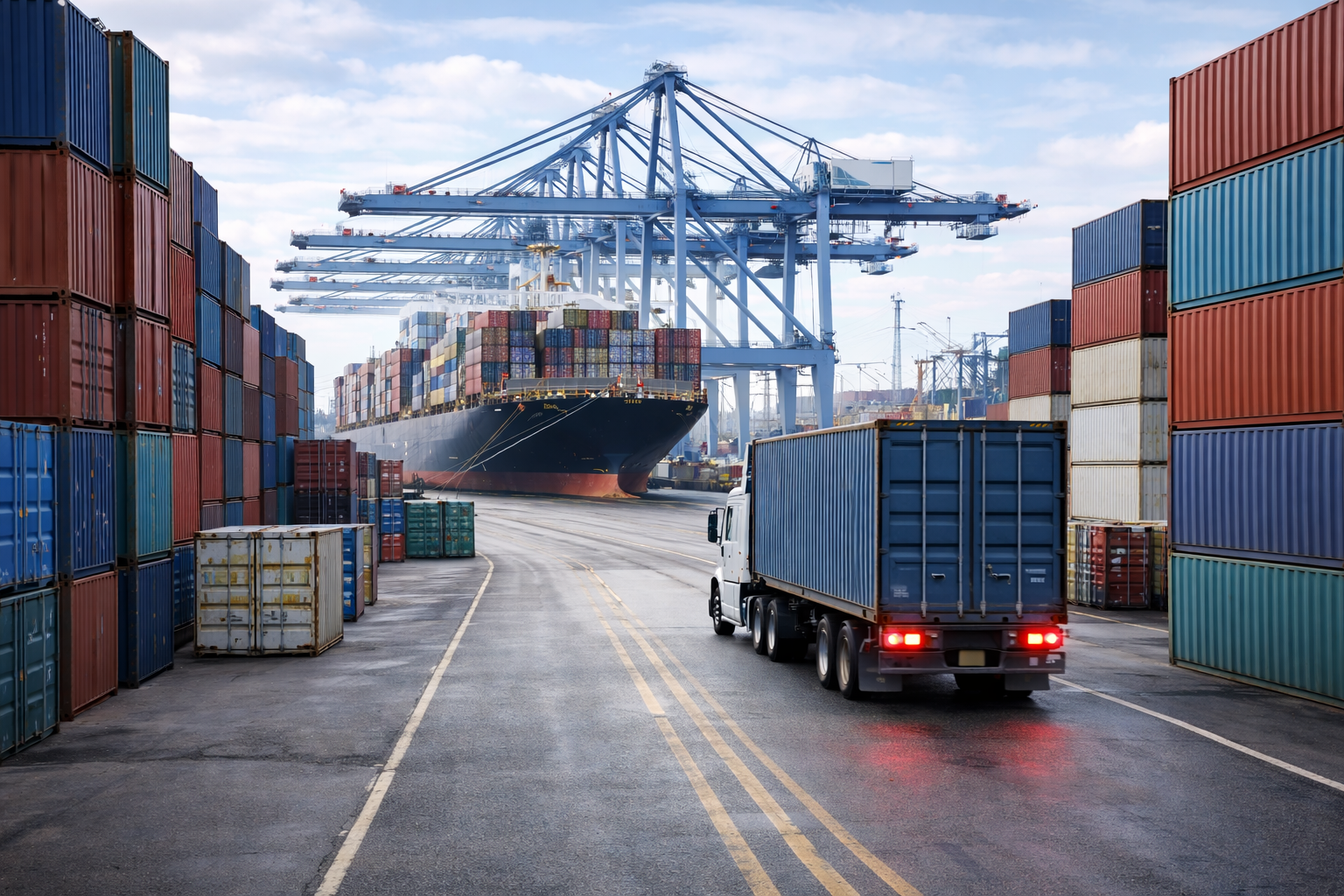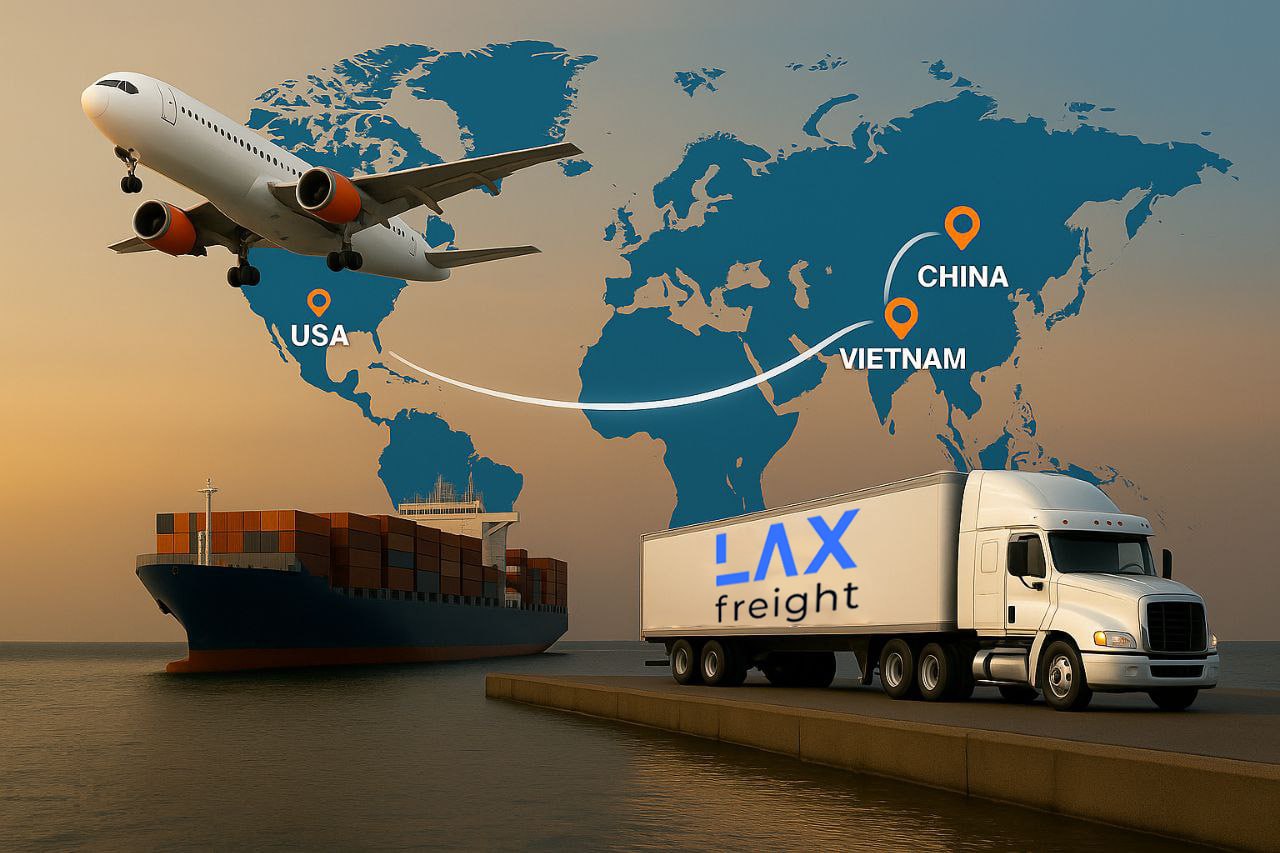The choice of the right transportation mode significantly outweighs other factors in ensuring the timely and pristine arrival of your products. Amidst the plethora of options available, the challenge lies in deciding the most suitable one. This is where the undeniable advantages of engaging a freight forwarder for your international shipments come into play! A freight forwarder can assist you in selecting the optimal transportation mode for your shipments.
Let’s delve into the various factors to ponder when choosing the best mode of transportation for your shipment, exploring its diverse aspects.
Type of the Load
When it comes to transporting your valuable cargo, the selection of the appropriate mode of transportation goes beyond being merely important—it’s absolutely essential. A critical factor in making this decision is the nature of the goods being shipped. Since different goods have distinct requirements, failure to address these needs can result in disastrous consequences. Therefore, a thorough understanding of your goods is crucial for making the right transportation choice.
For instance, perishable items like food and flowers necessitate refrigerated transportation to preserve their freshness. Similarly, delicate items such as glassware and electronics demand careful handling during transit to prevent breakage. Thus, comprehending the characteristics of your goods is pivotal for choosing the most suitable mode of transportation.
Examining specific examples illustrates this point further. Heavy and bulky items like construction materials or machinery are best suited for rail transportation. This mode is cost-effective and well-suited for long-distance shipping. Conversely, time-sensitive goods like medical supplies benefit most from air transportation, known for its speed and reliability.
Furthermore, the size of the shipment can influence the choice of transportation. Local courier services may be the most economical option for smaller shipments like documents or parcels. In contrast, sea transportation becomes the preferred choice for larger shipments, such as furniture or large appliances. Sea transportation is optimal for moving substantial volumes of goods over extended distances and is more cost-effective compared to air transportation.
Hence, when deciding on the mode of transportation, carefully consider the size, weight, and nature of your goods to ensure their safe and intact arrival at the destination.
Shipment Distance
Having delved into the significance of considering the nature of the goods in transit, let’s now shift our focus to another factor: distance. The distance your shipment is required to cover plays a critical role in determining the optimal mode of transportation. Local delivery services or couriers may excel for shorter distances, whereas air, sea, or rail transportation may be more suitable for longer journeys.
For instance, if your goods are destined for delivery within the confines of a city or state, relying on local delivery services makes sense. Their intimate knowledge of the local area enables them to provide swift and cost-effective services. On the contrary, when facing the challenge of shipping over substantial distances, sea transportation emerges as a fitting choice. This mode proves to be the most economical for transporting large quantities of goods across extended distances, accommodating bulk shipments efficiently. For distances that fall short of sea routes but still span over land, truck transportation stands out as a viable option, offering flexibility and the convenience of door-to-door delivery.
Time-Sensitive Shipments
Certain deliveries may be time-sensitive, requiring swift transportation to meet tight deadlines. In such cases, the choice of the appropriate mode of transit becomes crucial to ensure the timely arrival of your products. Whether it involves a medical emergency or a business imperative, recognizing the urgency of your shipment is key to selecting the most suitable transportation method.
For time-sensitive shipments, air transportation emerges as the optimal choice. Air transport is known for its speed, efficiency, and reliability, making it ideal for urgent deliveries. Air carriers are specifically equipped to handle perishable goods, high-value items, and sensitive products. In the context of international shipments, air transportation often stands out as the sole feasible option for meeting urgent delivery requirements. However, if your product transportation needs are confined to a particular region or country, ground transportation, such as trucks, can also be a viable alternative for time-sensitive shipments. Ground transportation offers the advantage of door-to-door delivery, particularly beneficial in urban areas where airports may be situated far from the final destination.
Balancing Cost and Efficiency
While speed and reliability are crucial considerations, undoubtedly, cost stands out as one of the most significant factors when determining the appropriate mode of transportation. Striking a balance between transportation expenses and the value of the goods being shipped is paramount. For low-value goods, opting for an expensive mode of transportation may be impractical, whereas high-value goods might necessitate the use of more costly transportation methods to ensure their safety and security.
When comparing transportation costs across different transportation modes, several factors come into play, including the distance the shipment must cover, the weight and size of the goods, and the chosen mode of transportation.
For instance, if you’re transporting substantial quantities of goods over extended distances, goods transported by sea could emerge as the most cost-effective choice. Conversely, when dealing with smaller amounts of goods over shorter distances, courier services or local delivery options are the more economical route. It is crucial to assess the diverse modes of shipment available and select the one that offers the best value for your specific needs.
Customs and Regulations
Adhering to customs and regulatory requirements is a pivotal aspect of shipping. Non-compliance with these regulations can lead to hefty fines, delays, and potential confiscation of goods. Understanding the specific regulations applicable to your shipment is crucial, and selecting a method of transportation that aligns with these regulations is paramount. This involves strict adherence to import and export laws, obtaining requisite permits and licenses, and meeting packaging and labeling requirements.
Various regulations dictate the choice of cargo transportation mode. For instance, when transporting hazardous materials or large and bulky items, sea transportation may emerge as the most suitable option. It is imperative to collaborate with a shipping provider with expertise in navigating customs and regulations across different countries. Such a partner can assist in selecting the optimal logistics mode of transportation tailored to your specific needs, ensuring a seamless and compliant international shipping experience.
Eco-Friendly Modes of Transportation
The environmental impact is increasingly gaining significance in contemporary shipping practices. The transportation sector stands as a major contributor to global carbon emissions, emphasizing the critical need to opt for environmentally sustainable modes of transportation. Choosing eco-friendly transportation methods not only aids in minimizing your carbon footprint but also contributes to fostering a more sustainable future.
Various modes of transportation exhibit differing levels of environmental impact. For instance, sea transportation generates fewer carbon emissions compared to air transportation, making it a more environmentally friendly choice. Similarly, goods transported by train surpass road transportation in sustainability, as it emits fewer pollutants and consumes less fuel. Assessing the environmental implications of each transportation mode is crucial, allowing you to align your choices with sustainability goals. Prioritizing sustainability in your shipping decisions enables a reduction in your environmental impact, thereby contributing to the creation of a better future for future generations.
Streamline Your Logistics Operations with LAX Freight
In conclusion, when seeking to streamline and optimize your shipping operations, entrusting the logistics to a professional and experienced 3PL partner like LAX Freight can make a significant difference. LAX Freight excels in navigating the complexities of the transportation landscape, offering tailored solutions that align with your specific needs.
Get a quote today and experience the ease and reliability of streamlined shipping with LAX Freight 3PL – where your cargo’s journey is handled with expertise and care from start to finish.



